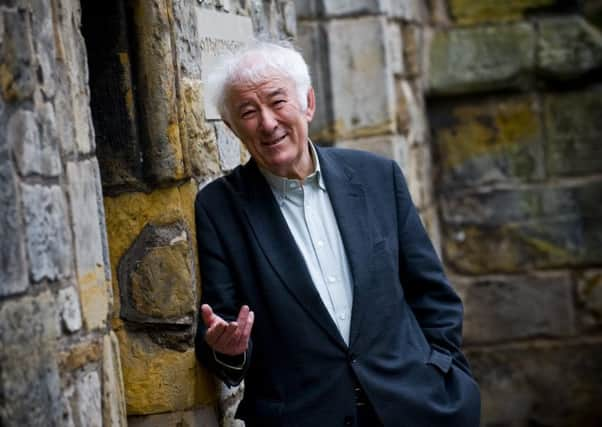Book review: Faber & Faber: The Untold Story, By Toby Faber


In Faber & Faber: The Untold Story, Toby Faber, grandson of the company’s founder, Geoffrey, has managed to piece together the history of this peculiarly British institution in such a way as to lift the lid on some of the more surprising and, occasionally, unedifying goings-on behind the scenes, while at the same time stopping short of doing anything to diminish its mistique.
Beginning with the pivotal meeting of Geoffrey Faber and TS Eliot in 1924, after which the former invited the latter to join the publishing firm, the Scientific Press, where he had recently been installed as chairman managing director, the book weaves together previously unpublished letters, minutes, memos and diary entries in order to chart the organisation’s often precariously bumpy ride through much of the 20th century, ending on a high in 1989, the year one of its star authors, Kazuo Ishiguro, won the Booker Prize for The Remains of the Day, just 12 months after the award had gone to another Faber author, Peter Carey.
Advertisement
Hide AdAs Toby Faber makes clear in one of the many candid and often humorous notes that bind the multifarious snippets of text together, it’s not entirely clear whether his grandfather knew who Eliot was when they first met, and although Faber was himself a poet of some skill, he evidently struggled to make sense of The Waste Land. “You are obscure you know!” he wrote to Eliot in 1925. “I wonder if you realize how difficult you are? And alternatively I wonder if I am specially stupid.”
The nuggets of literary history packed into these pages are far too numerous to list here, but chief among them are an initial Faber reader’s note on Lord of the Flies, fortunately overruled (“Rubbish & dull. Pointless. Reject.”); TS Eliot giving his blessing to Ted Hughes’ debut collection, The Hawk in the Rain (“I’m inclined to think we ought to take this man now”); and a note from Samuel Beckett in which he itemises the various swear words that the censor had originally removed from Waiting For Godot, which were to be reinstated in a subsequent edition.
This book will fascinate anyone with an interest in 20th century literature, but as well as being a treasure trove of anecdotes and insights it is also a surprisingly readable history of a remarkable company, one that came close to the brink on a number of occasions, but which has never – or perhaps almost never – seemed to lose sight of the aspiration, voiced by editorial director Frank Morley in 1936, to publish books that “at least have the chance to be literature.” - Roger Cox
Faber & Faber: The Untold Story, By Toby Faber, Faber & Faber, 426pp, £20